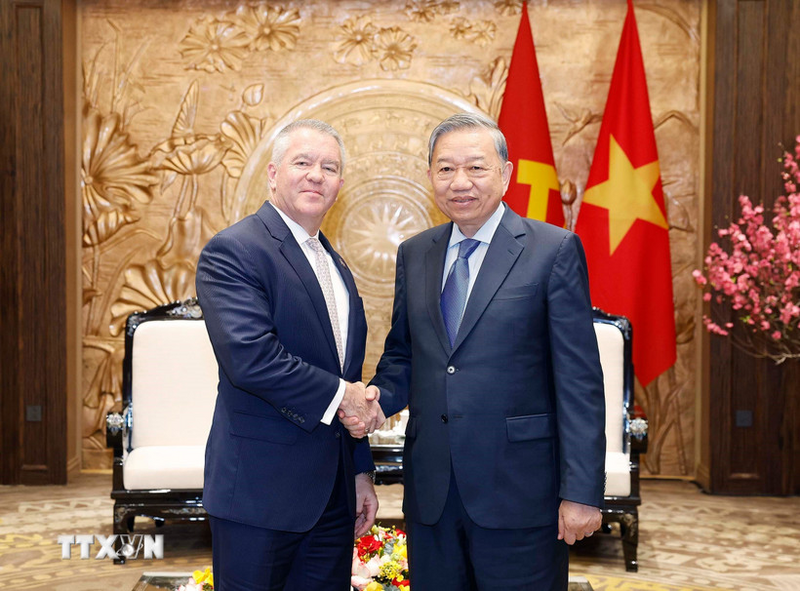
Vietnam ready to deepen comprehensive cooperation with the US
19:05 | 23/03/2025 08:30 | 15/02/2026News and Events
Vietnam's development journey
At the mid-fiscal year 2025 press conference of the Japan International Cooperation Agency (JICA) Vietnam Office held on October 8 in Hanoi, Japanese representatives outlined a new cooperation direction focusing on human resource development, innovation, and institutional reform support.
In the context of Vietnam’s goal to become a high-income country by 2045, international cooperation is evolving from “material support” to “strategic partnership,” emphasizing digital transformation, institutional reform, and private sector development. The Vietnam-Japan relationship remains a vital pillar, contributing to the formation of a knowledge-based, innovative, and modern governance ecosystem.
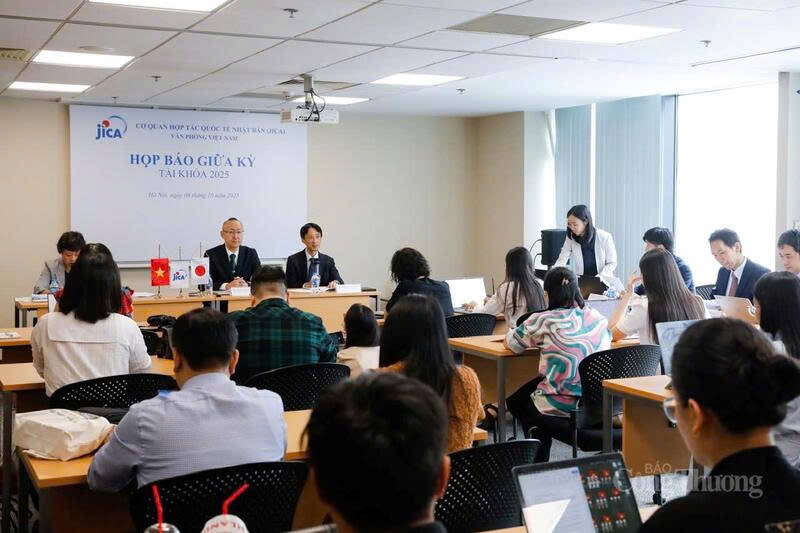
Mid-term press conference for the 2025 term of the Japan International Cooperation Agency (JICA) Vietnam Office
This marks not only a change in approach but also a shift in development mindset from receiving financial assistance to acquiring knowledge and management expertise.
Speaking at the event, Mr. Kobayashi Yosuke, Chief Representative of JICA Vietnam, highlighted: “The long-standing trust and friendship between our two nations form the foundation for every development partnership, not just in financial cooperation, but in knowledge and human exchange.”
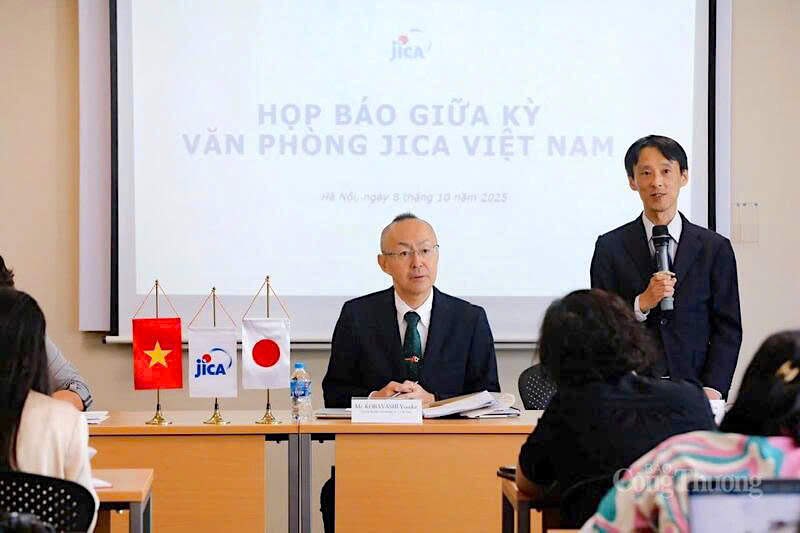
Mr. Kobayashi Yosuke, Chief Representative of JICA Vietnam Office
Knowledge and human capital: the new engine of cooperationIn 2025, several major projects will be implemented across infrastructure, technology, and human resource development. Among them, the Yen Xa Wastewater Treatment Plant, one of the largest in Southeast Asia and the first SABO dam in Son La to prevent landslides and protect northern communities, stand out. These projects demonstrate a new development cooperation approach that integrates technical solutions with sustainability goals for local communities.
Parallel to infrastructure, human resource training in high technology is becoming central. Programs such as the Semiconductor Engineering Program at the Vietnam-Japan University and the “Global Consumer Intelligence” AI course at Hanoi University of Science and Technology have attracted thousands of students, reflecting Vietnam’s urgent demand for high-quality human capital amid digital transformation.
Collaboration has also expanded into healthcare, education, and entrepreneurship. Initiatives include geriatric nursing training at Bach Mai Hospital, Japanese-style early childhood education programs, and “Keieijuku” management courses that have helped over 1,000 Vietnamese business leaders enhance leadership and operational skills.
These efforts signal a clear transformation in bilateral cooperation from building infrastructure to investing in people. Knowledge, skills, and innovation have become the foundation for long-term sustainable growth.
From a development perspective, this shift aligns perfectly with the needs of a deeply integrated global economy. Growth can no longer rely solely on capital and infrastructure; it must be rooted in human capacity. On Vietnam’s journey toward becoming a high-income nation, knowledge is emerging as its most valuable asset.
Digital transformation and private sector growth
Building on human capital and knowledge partnerships, Vietnam is advancing toward its next strategic phase: institutional reform, digital transformation, and private sector empowerment. While past cooperation focused on large-scale infrastructure, today’s emphasis lies in developing internal capacity, the true driver of productivity and competitiveness.
Experts note that fostering skilled human resources and transparent institutions not only boosts labor productivity but also enables Vietnamese enterprises to integrate more deeply into global value chains. “As cooperation programs pivot toward training, innovation, and entrepreneurship, Vietnam will gain greater autonomy to drive its own growth,” they observed.
At the same time, financial cooperation is becoming more inclusive and sustainable, notably through support packages for small and medium-sized enterprises (SMEs) and women-led businesses, a progressive step linking economic growth with social equity.
Administrative reforms, such as restructuring the two-tier local government model, are also expected to enhance efficiency and transparency, paving the way for smoother project implementation and disbursement of development loans in the long term.
According to development experts, Vietnam’s new approach represents a shift from “building structures” to “building capacity.” Knowledge, governance, and human capital are now the most enduring forms of investment. Rather than relying on aid, Vietnam is shaping a partnership model based on shared learning, mutual respect, and joint progress toward a sustainable future.

19:05 | 23/03/2025 08:30 | 15/02/2026News and Events
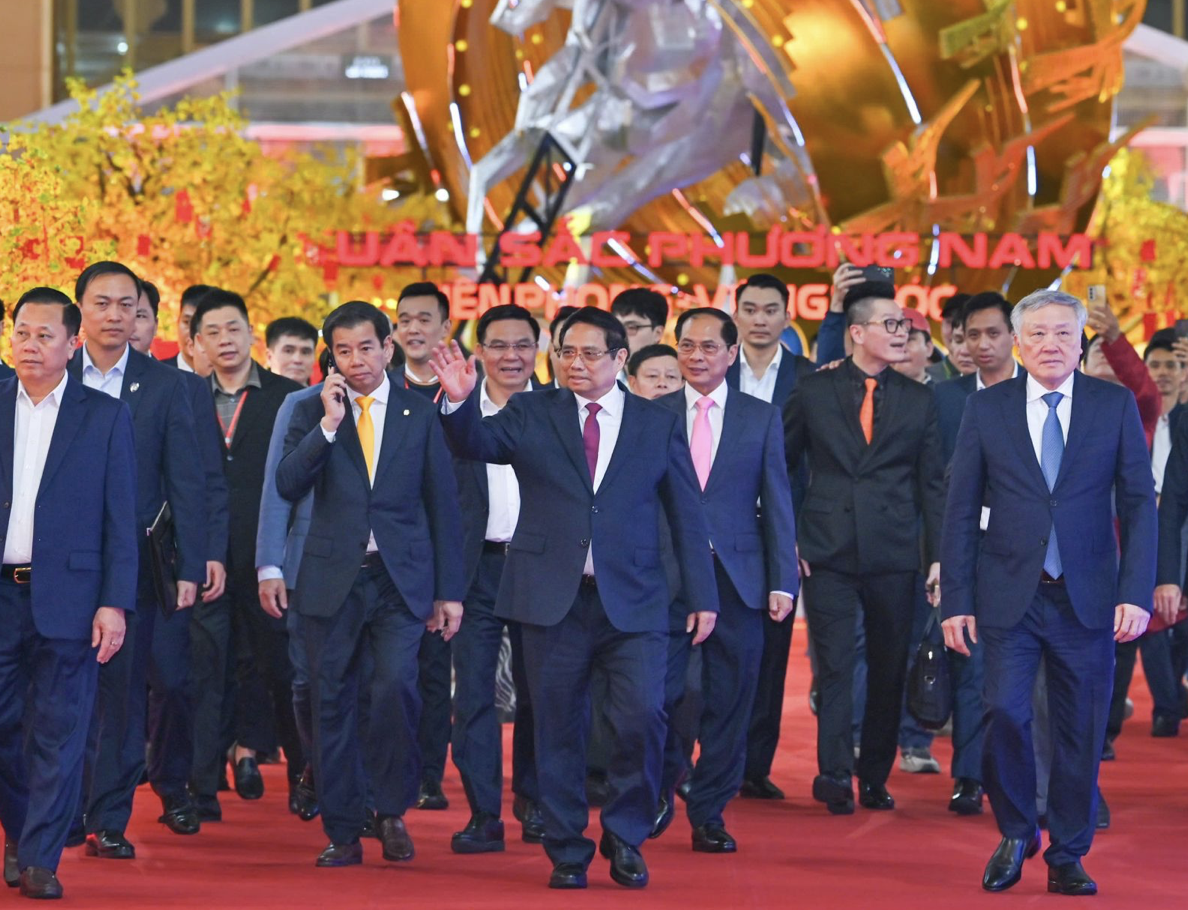
19:05 | 23/03/2025 08:25 | 15/02/2026News and Events

19:05 | 23/03/2025 16:44 | 14/02/2026Tourism
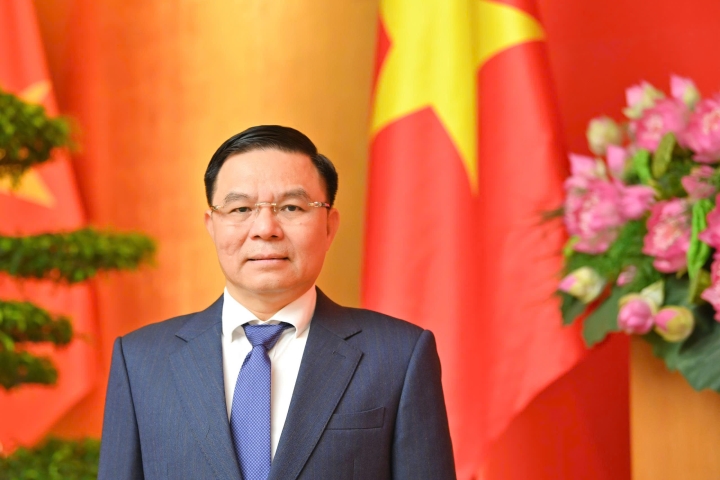
19:05 | 23/03/2025 16:33 | 14/02/2026Home Page
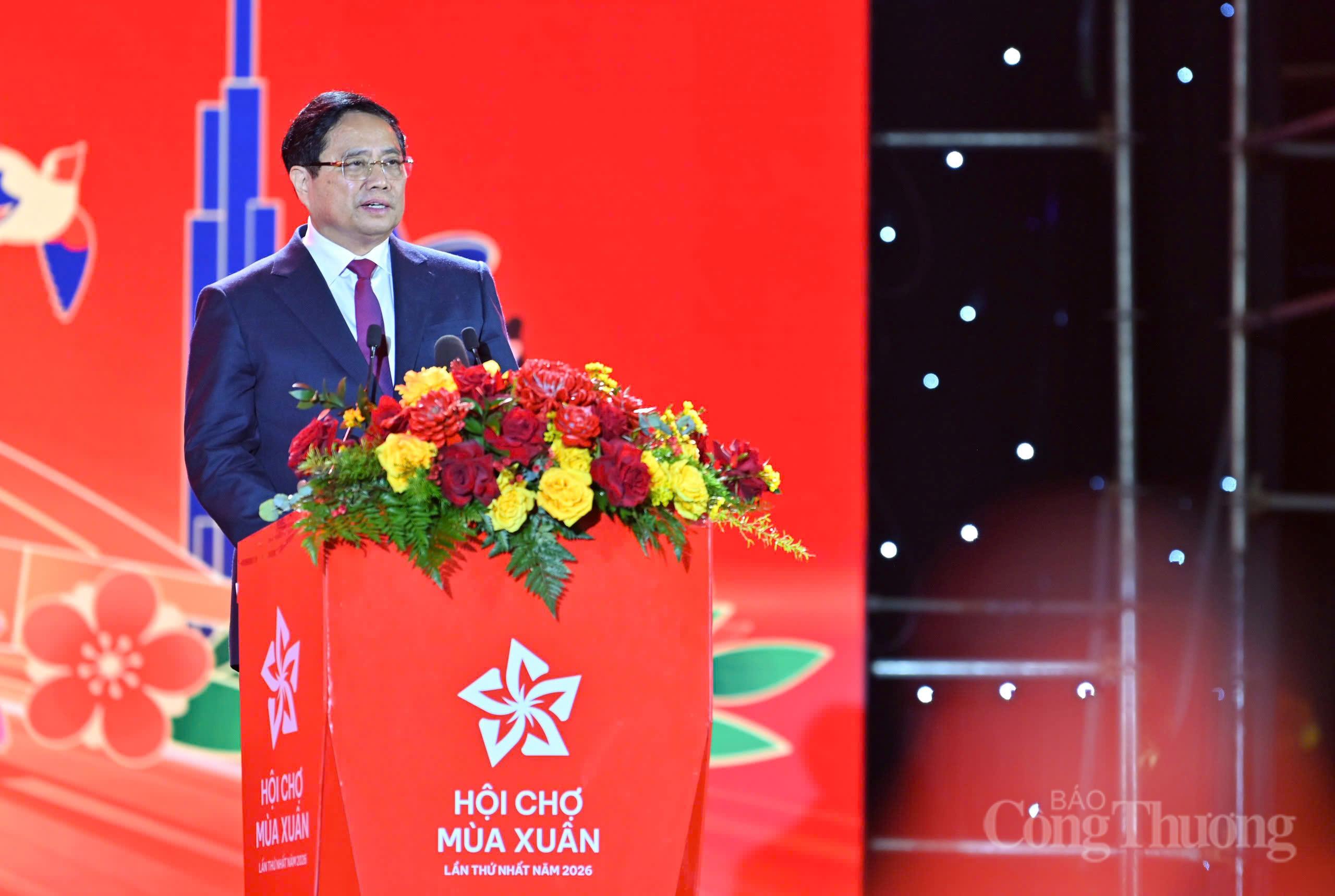
19:05 | 23/03/2025 16:32 | 14/02/2026Trade